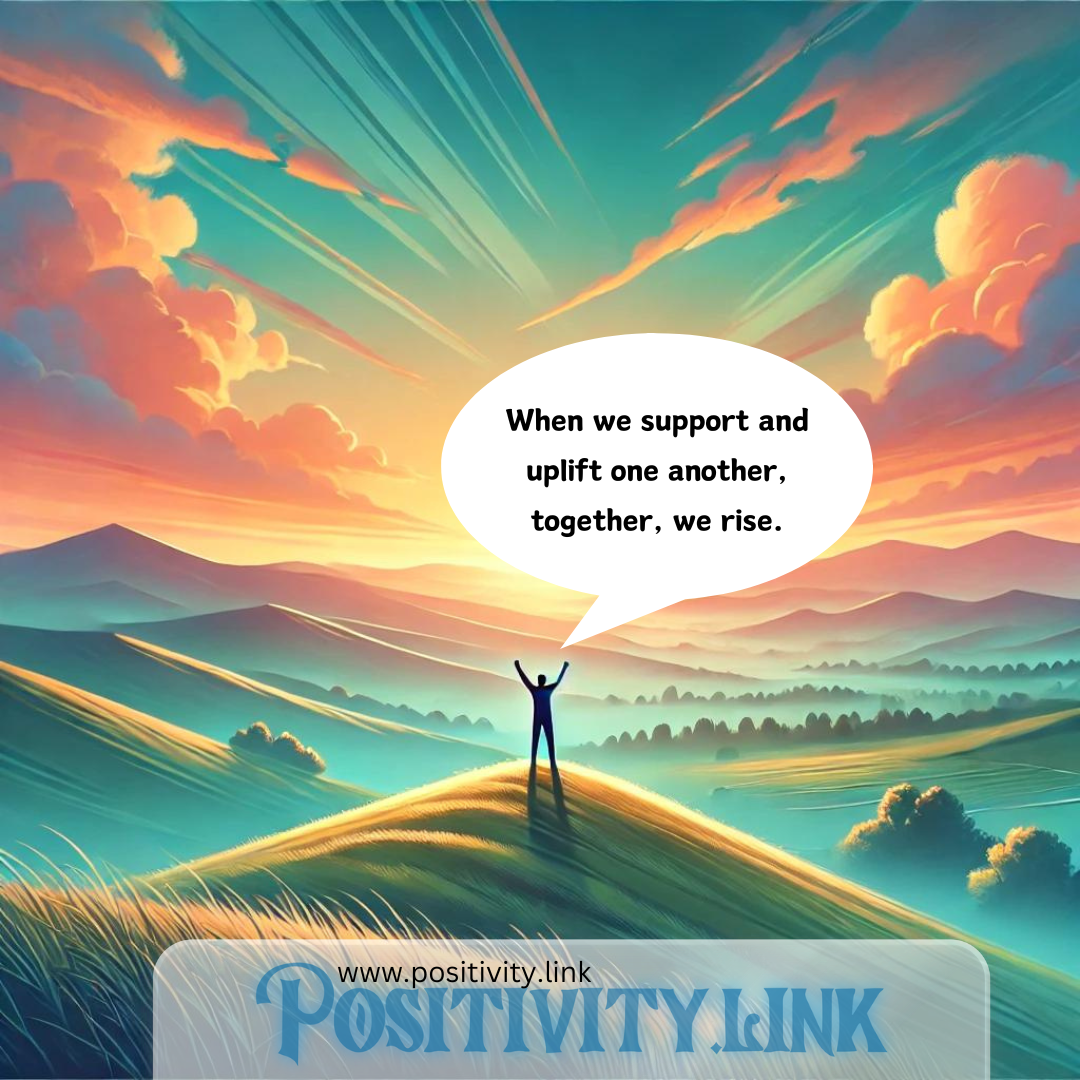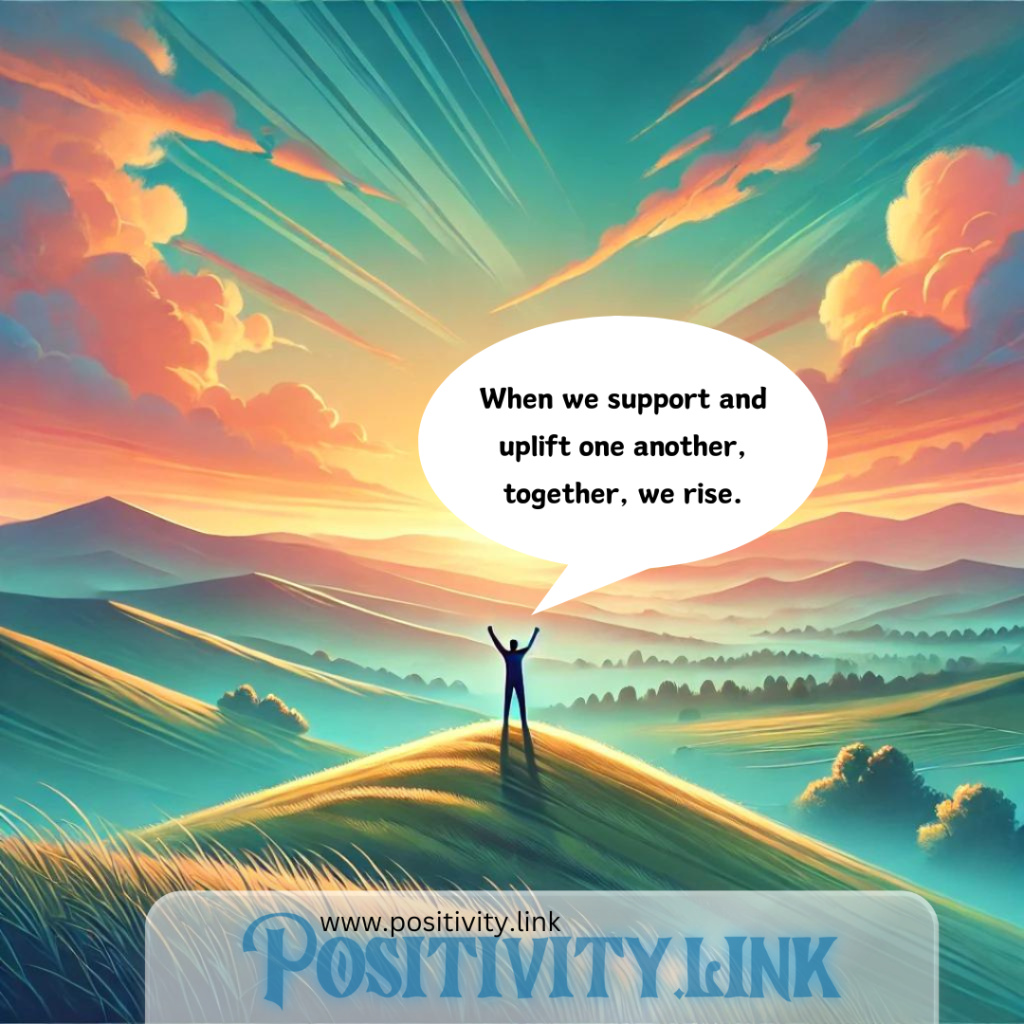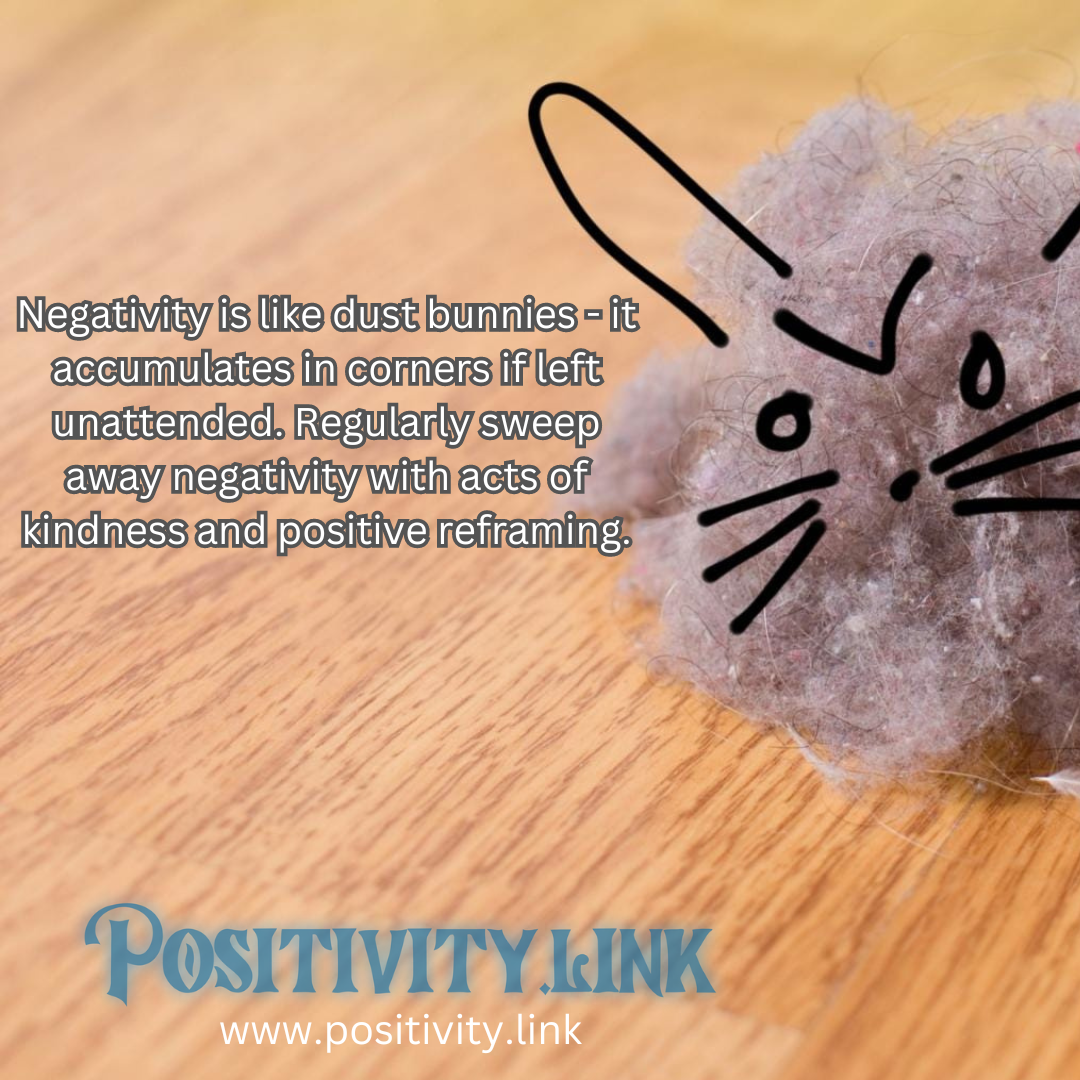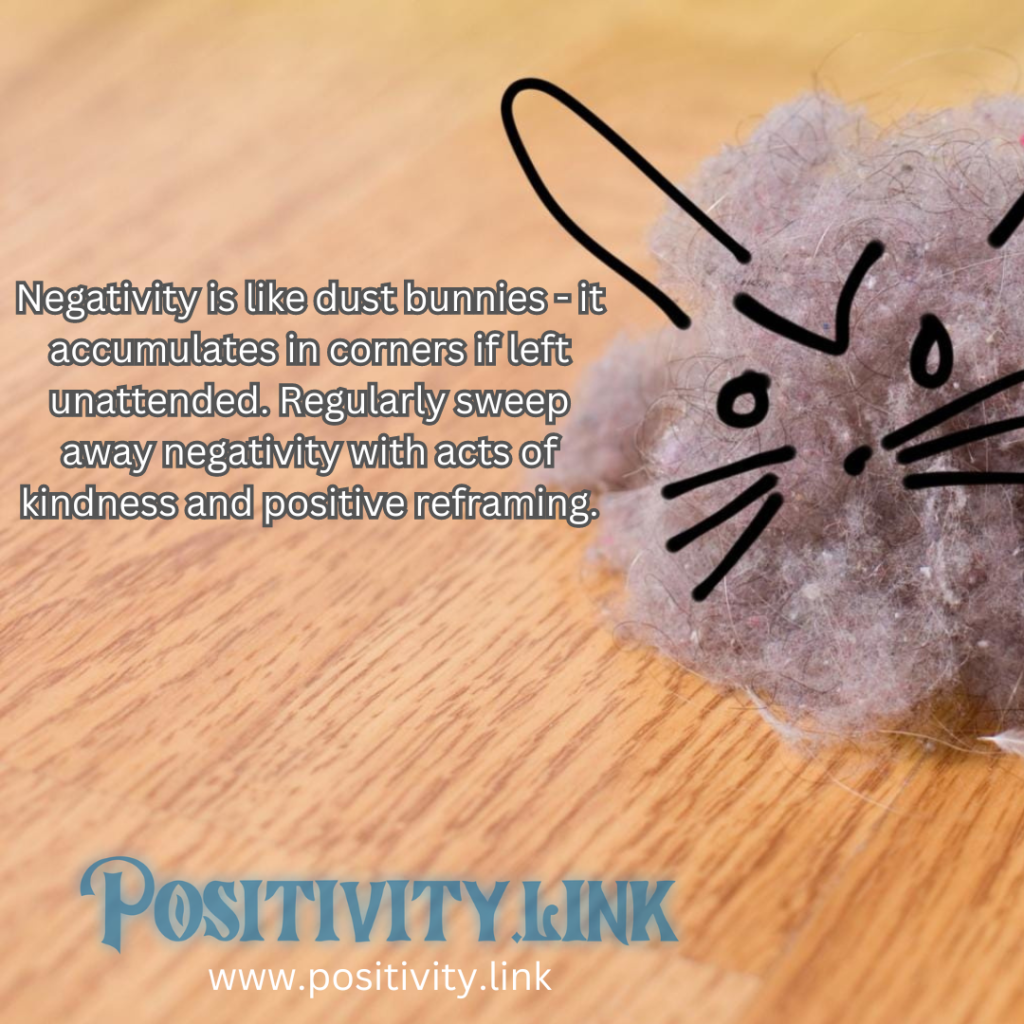Adversity is an inevitable part of life, and yet, it is often through life’s most challenging moments that we discover our deepest reservoirs of strength and resilience. Like a tree swaying in a fierce storm, resilience doesn’t mean never bending, it means bending without breaking. It’s not about sidestepping hardship, but about finding the courage to face it head-on and emerging stronger on the other side.

Resilience is not a trait we’re simply born with, it’s a skill we cultivate through experience and intention. Each setback or challenge offers an opportunity to grow, even when it feels like the weight of the world is pressing down. While adversity can test us in profound ways, it also reminds us of our capacity to adapt, persevere, and find meaning even in the most trying circumstances.
One of the most empowering perspectives to adopt during tough times is to see setbacks not as failures but as stepping stones on the journey. When life throws obstacles in our path, we can choose how to respond. Challenges often hold valuable lessons, teaching us patience, fostering creativity, or unveiling strengths we didn’t know we had. With every hurdle we overcome, we add to the foundation of resilience, equipping ourselves to better handle future struggles.
Building resilience begins with nurturing a positive mindset. This doesn’t mean ignoring difficulties or forcing optimism in the face of pain. Instead, it’s about cultivating gratitude for what remains steady and good, even amid uncertainty. Gratitude shifts focus from what is lacking to what is abundant, creating a mental and emotional environment where resilience can thrive. Take moments to reflect on the things that bring joy or comfort, whether it’s the support of loved ones, small achievements, or even the strength to face another day.
Surrounding yourself with people who uplift you is another cornerstone of resilience. Human connection is a powerful force in times of hardship. A kind word, a listening ear, or a shared laugh can remind us that we’re not alone. Building and leaning on a supportive network doesn’t just provide comfort, it reinforces the belief that challenges can be faced together, making them feel lighter and more manageable.
Equally important is the relationship you cultivate with yourself. Resilience is deeply tied to self-care, which is not an indulgence but a necessity during tough times. Tending to your physical, emotional, and mental well-being fortifies your inner reserves. Engage in activities that rejuvenate and restore you, whether it’s exercising to release tension, meditating to find clarity, pursuing a hobby that sparks joy, or simply allowing yourself moments of stillness and reflection.
Resilience also grows through the acceptance of life’s duality. Just as dark threads are essential to the richness of a tapestry, life’s struggles add depth and meaning to our experiences. The joys we celebrate and the triumphs we achieve are made more profound by the difficulties we’ve endured. Rather than fearing the dark moments, we can embrace them as integral to the story we’re weaving, a story of courage, perseverance, and ultimately, triumph.
In the face of adversity, resilience becomes a beacon, lighting the way through the storm. It’s the quiet voice within that says, “You’ve weathered tough times before, and you’ll get through this too.” It’s the willingness to rise again, even when it feels easier to stay down. And it’s the recognition that every step forward, no matter how small, is a victory worth celebrating.
As you navigate the complexities of life, remind yourself of your inner strength. You are more resilient than you realize, and each challenge you face is shaping you into an even stronger, wiser version of yourself. Embrace setbacks as opportunities to grow, practice gratitude to sustain your spirit, and prioritize self-care to replenish your reserves.
Life’s storms may test your limits, but they also reveal the unshakable power within you. By leaning into resilience, you transform difficulties into stepping stones toward brighter, more fulfilling days. Together, let’s continue to rise, adapt, and shine in the face of whatever life brings. You have the strength to endure and the power to thrive.


















